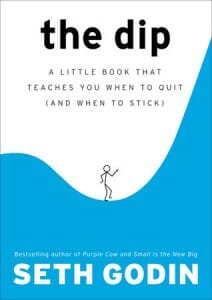What if joining a nonprofit’s Board meant doing things you love?
Hildy Gottlieb thinks that’s what it should mean. If you’re on a nonprofit Board of Directors and find fundraising next to impossible, run out and get her book Friendraising: Community Engagement Strategies for Boards Who Hate Fundraising but Love making Friends (2nd edition). You’ll be glad!
Very few of us find it a thrill to ask people for money (and they are mostly on staff, not on the Board). But many of us like to:
- Learn more about how our favorite organization changes lives
- Have coffee with a friend and catch up on what we’re doing
- Write a letter to the editor
- Interview a local leader about community needs
- Have a party!
We in the nonprofit sector sometimes shy away from the things we love. We have the puritanical attitude that if we’re having fun, we must not be doing the right thing. It’s time to get over that–for ourselves and for our our Boards.
The 89 strategies that Hildy suggests in Friendraising are not frills. They are necessities! Each of these enjoyable activities is also vital for building the relationships that bring you suggestions, volunteers, partners, and money.
The book includes brainstorm sheets that will help Board members think of people–and not just “rich people”–they could be turning into friends of the organization, and sample questions to ask. It also offers many charming examples from Hildy’s own experience creating the first Diaper Bank in the country. Her stories will inspire you and show you that you, too, can strengthen your organization by doing the things you love.
Friendraising is the biggest part of fundraising. Share on X As a Board member, this book will help you find a way to make friends for an organization that suits your personality.
If you’re an Executive Director or a Development Director, you can use it to help your Board members become excited, active, and proud. Then “the ask” will be up to you, and it will be easy…because you’ll be speaking to a friend.


